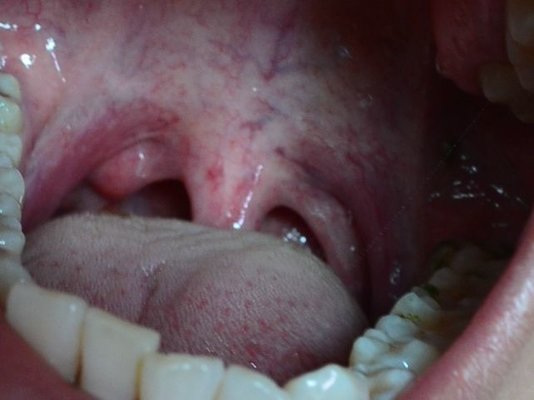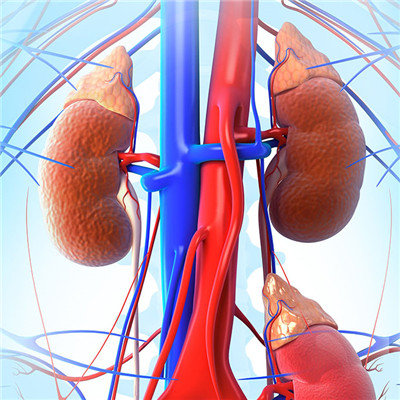Chronic bronchitis cough symptoms?
summary
Chronic bronchitis is a chronic nonspecific inflammation of trachea, bronchial mucosa and surrounding tissues. The main clinical symptoms were cough and expectoration, which lasted for 3 months every year for 2 years or more. Virus, mycoplasma, bacteria and other infections are one of the important reasons for the occurrence and development of chronic bronchitis; Chronic bronchitis cough symptoms? Next, I'd like to share my views with you.
Chronic bronchitis cough symptoms?
First: slow onset, long course, repeated acute attack and aggravation. The main symptoms were cough, expectoration, or wheezing. Acute exacerbation refers to the sudden exacerbation of cough, expectoration, wheezing and other symptoms. The main cause of acute exacerbation is respiratory tract infection. The pathogens can be viruses, bacteria, mycoplasma and chlamydia.
Second: generally cough in the morning, cough or expectoration during sleep. Usually white mucus and slurry foam, and occasionally bring blood. In the early morning, there is more expectoration, which can be stimulated by getting up or changing body position. Wheezing is often called asthmatic bronchitis, some of which may be accompanied by bronchial asthma. If accompanied by emphysema, it can be manifested as dyspnea after labor or activity.

Third, there is no abnormality in the early stage. Repeated attacks lead to bronchial wall thickening, infiltration or fibrosis of inflammatory cells in bronchioles or alveoli, which is characterized by thickened and disordered lung markings, reticular or cord like and spotty shadows, especially in bilateral lower lung fields.

matters needing attention
1. Food and daily life conditioning: food should not be too salty, avoid fried, easy to produce gas food, should eat more high protein, high calorie, high vitamin, low fat, easy to digest diet, such as lean meat, eggs, milk, fish, vegetables and fruits. 2. Smoking cessation and alcohol drinking: acrolein, nicotine and nitrosamine in cigarettes can cause the decline of airway immune function. The longer the smoking time, the greater the amount of smoke, the higher the prevalence.












